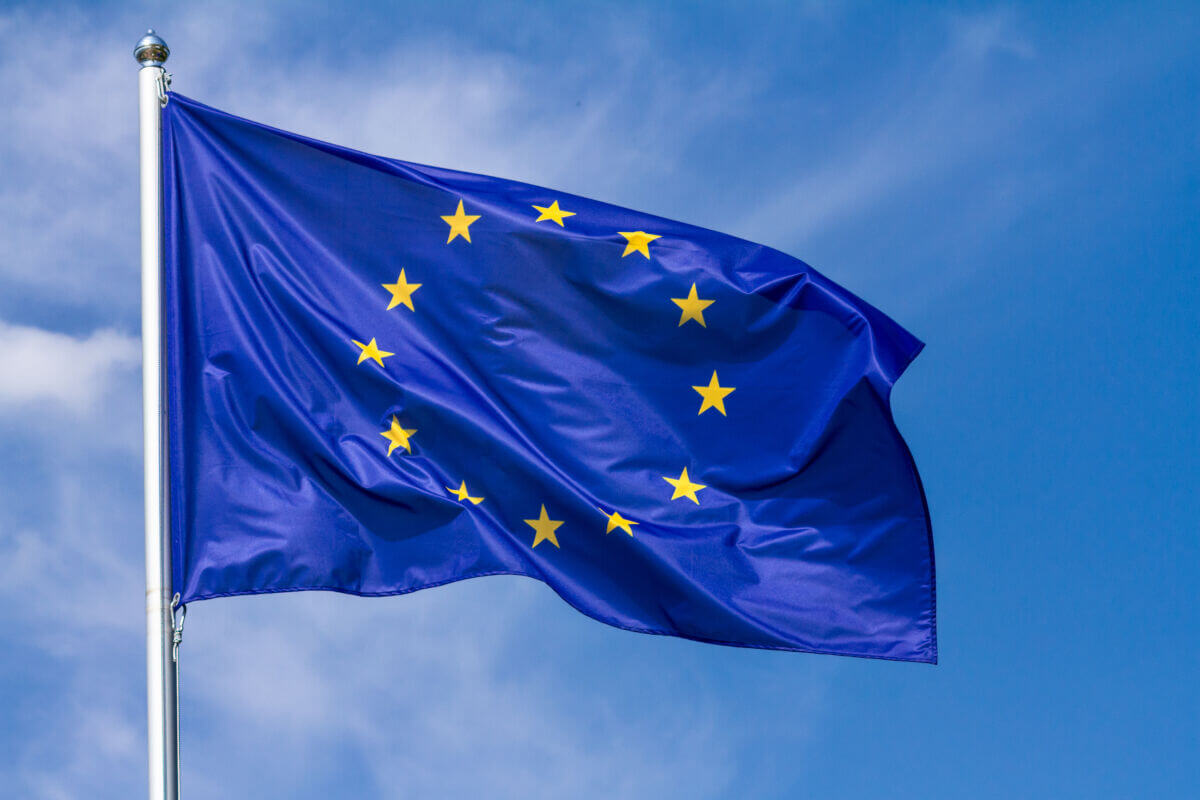On March 15, 2024 the Council of the Union reached agreement on a compromise text of the Corporate Sustainability Due Diligence Directive (the CSDDD). The CSDDD aims to enhance corporate accountability and transparency about actual and potential human, employment and social rights adverse impacts and environmental adverse impacts connected with a company’s own business operation and that of its business partners. Following the Corporate Sustainability Reporting Directive and the European Sustainability Reporting Standards, the CSDDD is yet another directive to foster corporate accountability and sustainability within the EU. The CSDDD is currently still pending for approval by the European Parliament and sign off by the European Commission. The Parliament is expected to vote on 24 April 2024.
EU's Corporate Sustainability Due Diligence Directive approved The 5 most important takeaways
1. Mandatory Due Diligence Obligations
The CSDDD imposes a mandatory risk-based due diligence obligations on certain companies that are based or operating within the EU market. These obligations require companies to identify and assess, prevent, mitigate, bring to an end and minimize actual and potential adverse impacts on human rights and the environment arising from their operations or those of their subsidiaries and of their business partners. The due diligence policy should also include a code of conduct that applies in all relevant corporate functions and operations.
2. Mandatory Transition Plan for Climate
The CSDDD furthermore imposes an obligation on certain large companies to adopt and put into effect a transition plan for climate change mitigation which aims to ensure, through best efforts, that the business model and strategy of the company are compatible with the transition to a sustainable economy and with the limiting of global warming to 1.5 °C in line with the Paris Agreement.
3. Scope
The CSDDD will apply to (i) large companies that are based within the EU and (ii) large companies that are operating in the EU but formed in accordance with the legislation of a third country. The CSDDD will become applicable in three phases. Three years from the entry into force of the CSDDD the directive shall apply to companies that had more than 5000 employees and generated a net worldwide turnover of more than 1500 million in the last financial year preceding. After four years these thresholds will reduce to 3000 employees and a net worldwide turnover of more than 900 million and lastly after five years the thresholds will be 1000 employees and 450 million.
These large companies are required to conduct due diligence processes to identify and address sustainability risks in their operations and supply chains.
4. Enforcement and Sanctions
The CSDDD establishes enforcement mechanisms and sanctions to ensure compliance with the obligations. Member states are responsible for designating a supervisory authority, which shall be entrusted to investigate and monitor compliance and impose sanctions for non-compliance. Sanctions may include interim measures, orders and/or penalties for companies that fail to fulfill their obligations.
5. Carrying out meaningful engagement with stakeholders
As part of the due diligence process EU member states shall ensure that companies take appropriate measures to carry out effective engagement with stakeholders. Consulted stakeholders shall be allowed to make a reasoned request for relevant additional information, which shall be provided by the company within a reasonable period of time and in an appropriate and comprehensible format.
Sustainability regulations are constantly evolving, feel free to sign up for our newsletter to stay informed about legal developments or reach out for a cup of coffee to explore how Van Doorne can help you understand your obligations and advise on contracts and other legal challenges.







